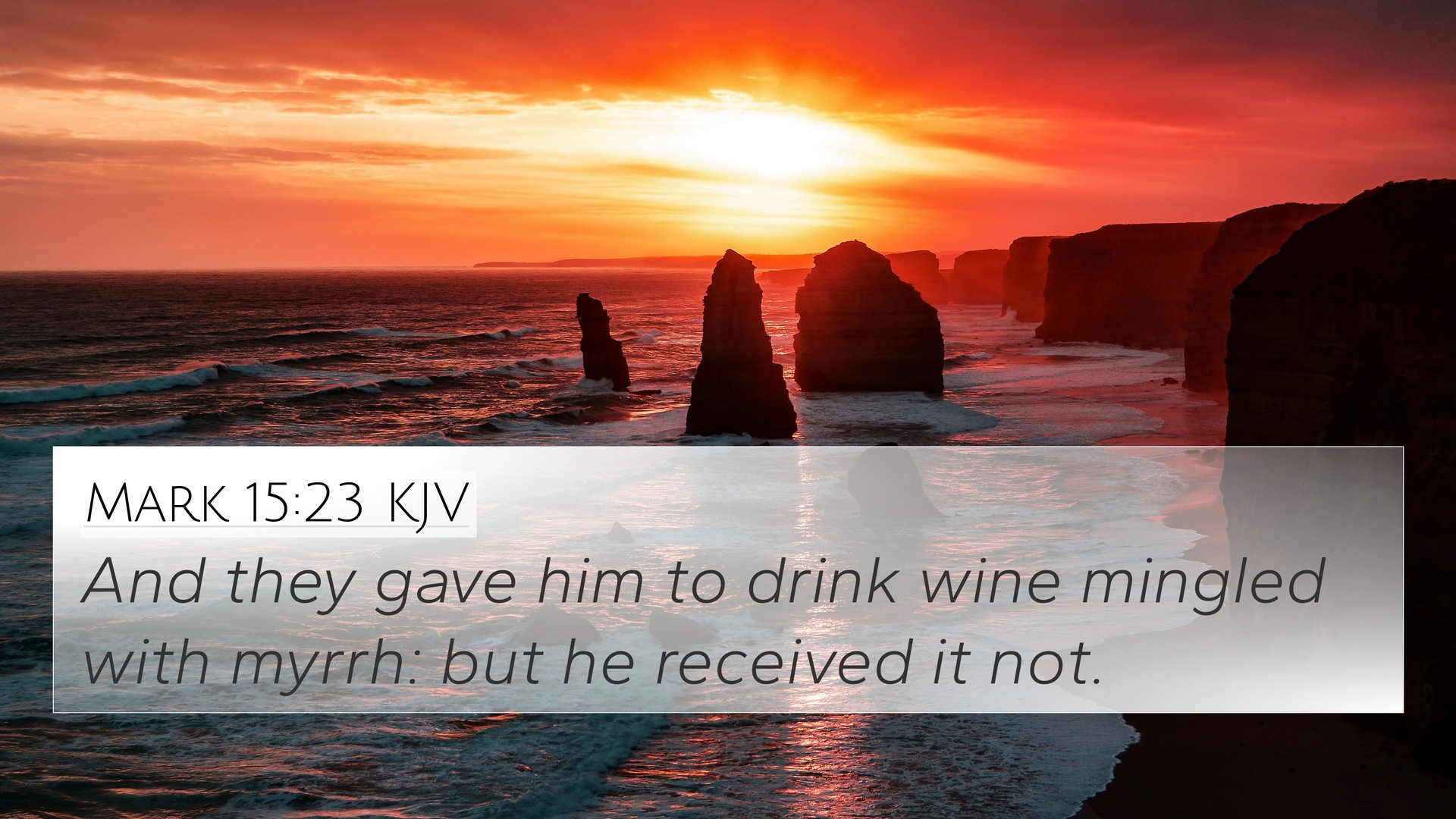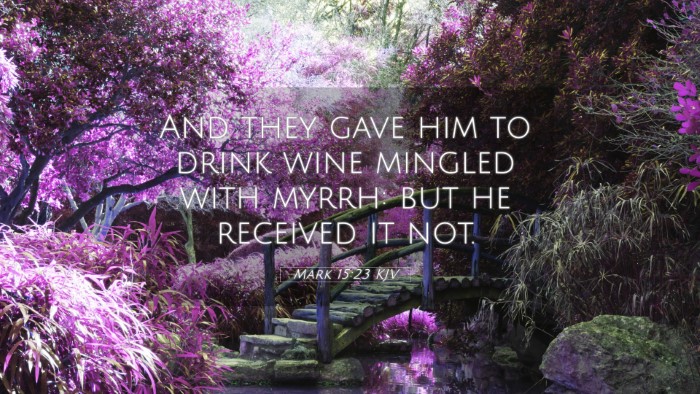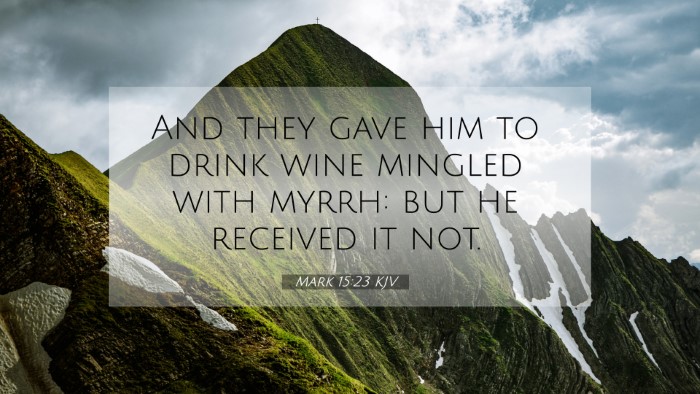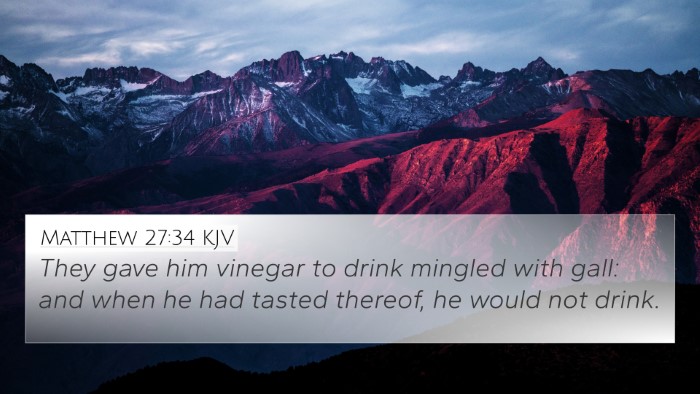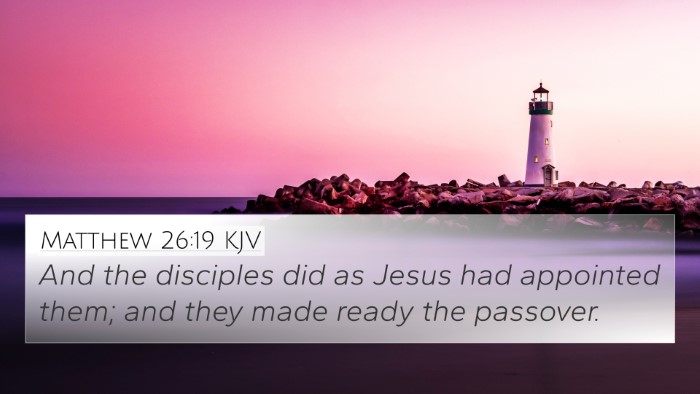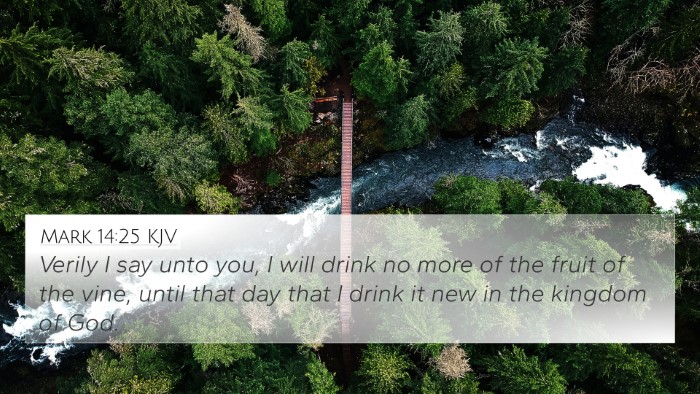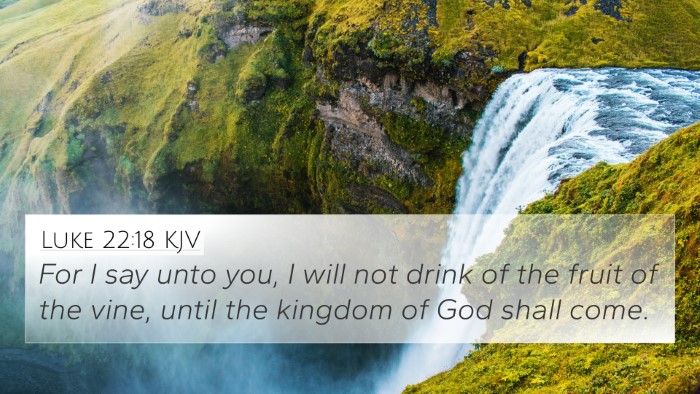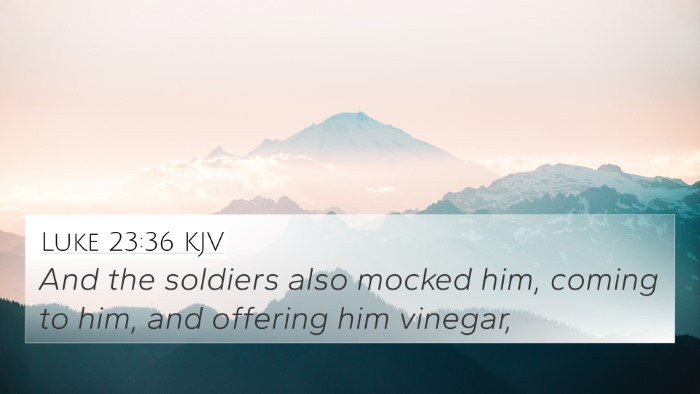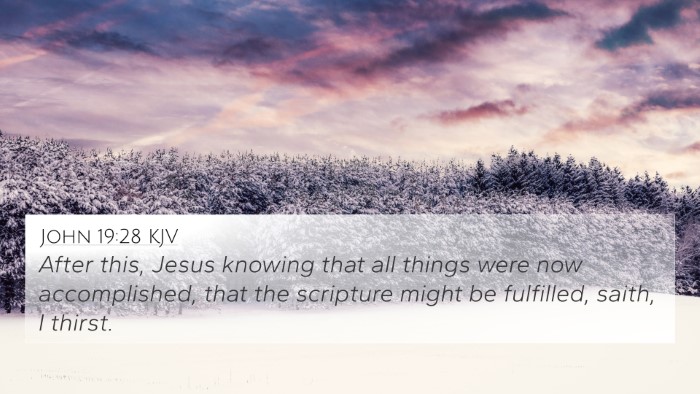Old Testament
Genesis Exodus Leviticus Numbers Deuteronomy Joshua Judges Ruth 1 Samuel 2 Samuel 1 Kings 2 Kings 1 Chronicles 2 Chronicles Ezra Nehemiah Esther Job Psalms Proverbs Ecclesiastes Song of Solomon Isaiah Jeremiah Lamentations Ezekiel Daniel Hosea Joel Amos Obadiah Jonah Micah Nahum Habakkuk Zephaniah Haggai Zechariah MalachiVerse
Mark 15:1 Mark 15:2 Mark 15:3 Mark 15:4 Mark 15:5 Mark 15:6 Mark 15:7 Mark 15:8 Mark 15:9 Mark 15:10 Mark 15:11 Mark 15:12 Mark 15:13 Mark 15:14 Mark 15:15 Mark 15:16 Mark 15:17 Mark 15:18 Mark 15:19 Mark 15:20 Mark 15:21 Mark 15:22 Mark 15:23 Mark 15:24 Mark 15:25 Mark 15:26 Mark 15:27 Mark 15:28 Mark 15:29 Mark 15:30 Mark 15:31 Mark 15:32 Mark 15:33 Mark 15:34 Mark 15:35 Mark 15:36 Mark 15:37 Mark 15:38 Mark 15:39 Mark 15:40 Mark 15:41 Mark 15:42 Mark 15:43 Mark 15:44 Mark 15:45 Mark 15:46 Mark 15:47